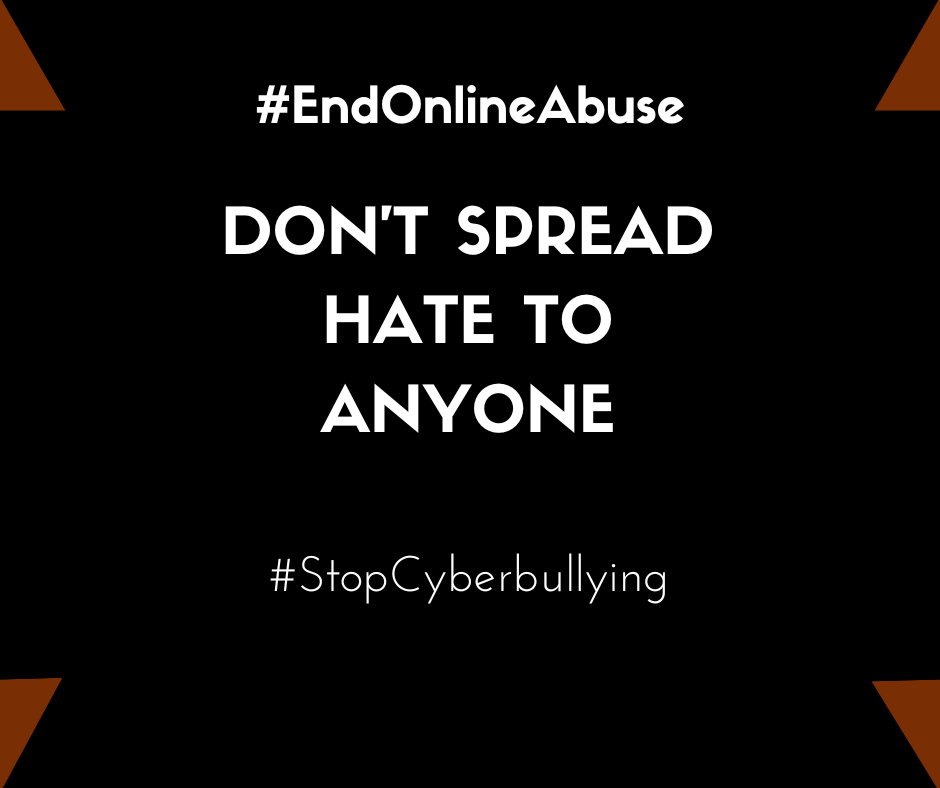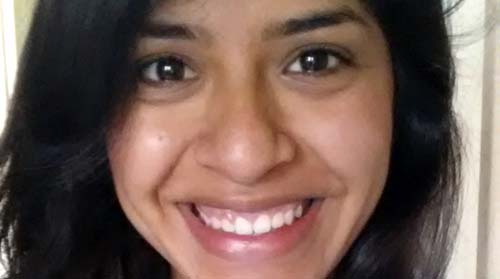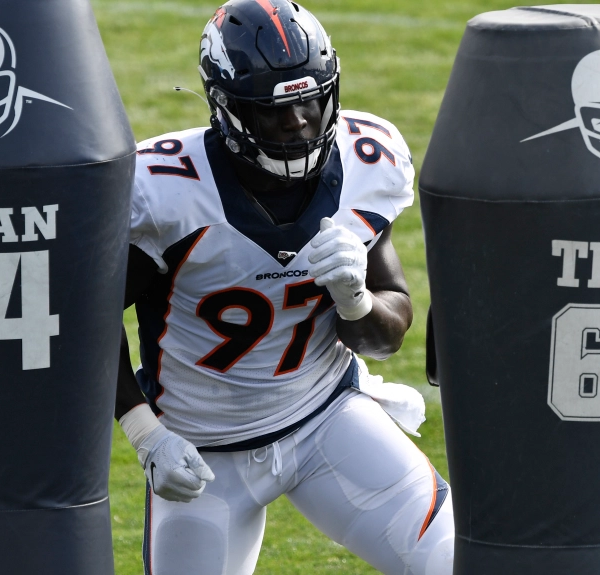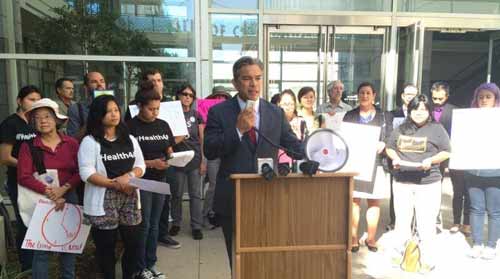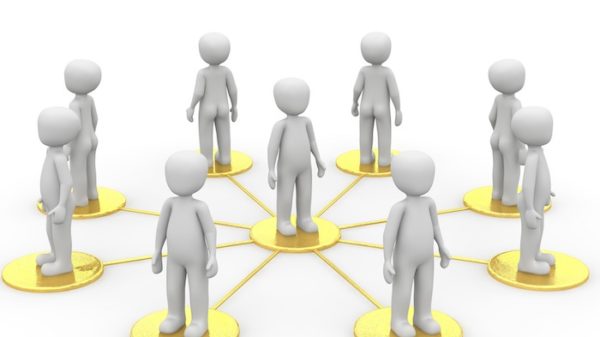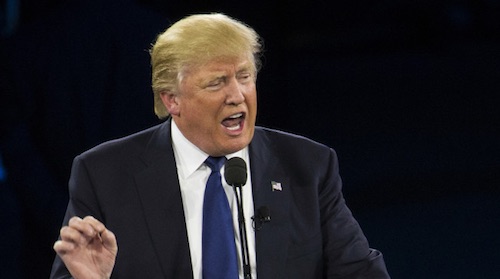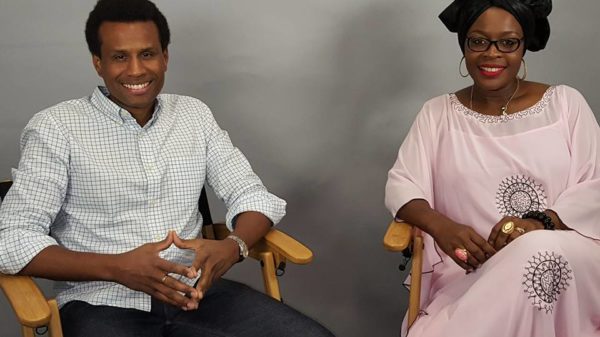Magazine, Living Well, By-line By Dora Endre
In theory, the internet connects us like never before, allowing us to communicate with people from all corners of the world. Unfortunately, it has also transformed everyone with internet access into both a publisher and a public speaker.
The vast world of online interactions has also amplified the deep-rooted challenges historically coded in humanity – intolerance and hate. Monitoring the extent of online hate speech is a daunting task. Various organizations have attempted to track this problem, revealing alarming statistics. For example, a recent BBC survey found that 73% of women experienced online abuse, ranging from rape threats to xenophobic remarks.
In Canada, 16% of young internet users admitted to posting hateful comments, while 78% reported encountering hate speech regularly. The most common targets of hate speech were the LGBT community, Muslims, and women. In extreme cases, hate speech and cyberbullying can incite physical violence and hate crime, exacerbate racial tensions, or lead to self-harm.
Under U.S. law, there is no legal definition of “hate speech” and the First Amendment makes the battle against online bullying notoriously difficult. Even though, in 2021, all the major social media platforms launched self-regulatory measures against online harassment, statistics have not improved significantly. According to ADL’s annual survey, 41% of Americans faced online harassment in 2021, similar to 44% in 2020. Serious forms of harassment, like sexual harassment, stalking, and threats, stayed at 27%, almost the same as the previous survey’s 28%.
Coco’s Law: A Call for Justice
The tragic story of Nicole Fox (Coco), the 21-year-old Irish girl who took her own life after enduring years of online and offline bullying, highlights the urgency of addressing cyberbullying. Since Coco’s passing in 2018, her mother Jackie fought relentlessly for justice and succeeded in making cyberbullying a criminal offense in Ireland. Ireland is the first country that adopted Coco’s Law. Online bullies and cyberbullies face up to 7 years of jail for distributing and publishing intimate images of a person without their consent.
Now, the Fox family’s battle is gaining momentum on a European level. “How many loved ones will take that final step off a bridge and plunge into their death? All because of online bullying. (…) It is your responsibility not to let your people suffer at the hands of trolls on social media.” – said Jackie Fox in a heartfelt speech in the European Parliament this May.
The European People’s Party (EPP) is planning to raise the issue of cyberbullying for debate, in the upcoming parliamentary session to give Jackie Fox the opportunity to share her daughter’s story and help ignite a positive change.
Legislative Action and Soft Initiatives
France and Italy were the countries to take specific steps in combating cyberbullying through legal measures and partial legislation. In 2019, Italian Law N. 71 entered into force aiming to safeguard and protect children from cyberbullying and online aggression. According to a 2020 survey by Statista Research, 68% of young Italians witnessed cyberbullying. By 2023 this number went up to 70% and is rising.
Emanuel Macron and First Lady Brigitte Macron have been speaking out on cyberbullying for years. Prime Minister Macron rallied on the issue of children’s protection in the digital world during his 2022 re-election campaign and launched his initiative (Children Online Protection Laboratory) focusing on age verification, and restrictions on adult websites and social networks.
So far, both of the aforementioned laws and initiatives produced only mixed results. In France, the new measures have not been implemented by porn platforms. More often than not, the process of age verification ran into a wall as well. As we can see, laws and initiatives on hate speech often remain only “soft laws.” Words. Words. Words.
Balancing Freedom of Speech and Human Rights in the EU
The protection of human rights in the digital age poses a complex matter. While freedom of speech is a fundamental right, hate speech infringes upon the rights and dignity of individuals. Striking a balance between allowing free expression and protecting other rights is essential and difficult.
The internet, predominantly controlled by private companies, further complicates things. Governments must ensure that private ownership does not lead to human rights violations, while private companies must respect human rights within their platforms.
New, supranational efforts are being made to combat cyberbullying and hate speech through legislation such as the Digital Services Act (DSA). It imposes obligations on digital firms, including social media giants, to remove illegal and harmful content. If they fail to do so, their operations in Europe will cease and they will be fined up to 6% of their global turnover.
As of November 2022, the Digital Services Act has come into effect, introducing brand new responsibilities for digital firms, including social media giants such as Facebook, Instagram, Snapchat, TikTok, and Twitter. The implementation of the regulations will occur gradually, with big tech platforms boasting over 45 million EU users being the first to adhere to them starting in August 2023.
The Importance of Our Personal Engagement
A vast number of individuals, groups, and independent news outlets – including Reclaim The Net – question the trustworthiness and long-term beneficial impact of DSA.
Certainly, there is a long list of questions we as global citizens and parents or prospective parents, should ask ourselves. By learning about and debating policies, initiatives, and laws we can make responsible decisions when it comes to voting, joining campaigns, or reaching out to local representatives.
Who or what body can we trust when it comes to censoring, filtering, or removing content freely? What do DSA and similar laws mean for investigative journalism? What do supranational bodies intend to do with high-profile people who are bullies themselves? Why not reach out to our politicians or representatives, and ask those tough questions?
According to initiatives like the “No Hate Speech” movement, there are only four roles we can take on when it comes to hate speech: bystander, victim, hater, and activist.
When it comes to citizenship, there are only two: active or passive citizens. We should not forget: the choice is, as always, ours.
#stopcyberbullying #NoHateSpeech #FreedomAndRights #OnlineCommunication #HateSpeechAwareness #InternetSafety #EndOnlineAbuse #CyberbullyingAwareness #DigitalDignity #HumanRightsProtection #OnlineHarassment #CocosLaw #EuropeanParliament #LegislativeAction #DigitalAgeRights #DigitalServicesAct #ContentRegulation #TrustworthyPlatforms #ResponsibleDecisionMaking #InvestigativeJournalism #ActiveCitizenship #PassiveCitizenship #OnlineSafety #DigitalFreedom #CombatHateSpeech #SocialMediaResponsibility #OnlineRespect #EqualityOnline #OnlineActivism #DigitalEthics #EndCyberbullying
References
1 Cyberviolence against Women and Girls – A Worldwide Wake Up Call, A report by the UN Broadband Commission for Digital Development Working Group on Broadband and Gender, 2015, https://en.unesco.org/sites/default/files/genderreport2015final.pdf
2 From Valerie Stevens, Young Canadians in a Wired World, Phase III: Encountering Racists and Sexists Content Online, Media Smarts, Ottawa, 2014. Available at https://mediasmarts.ca/research-policy/young-canadians-wired-world-phase-iii/young-canadians-wiredworld-phase-iii-encountering-racist-sexist-content-online
3 Council of Europe online survey in view of the No Hate Speech Movement, 2015, https://rm.coe.int/questions-and-lessons-learned-hate-speech-2015-online-survey/pdfa/16808b5f64
4 Report: Online Hate and Harassment: The American Experience 2021, https://www.adl.org/resources/report/online-hate-and-harassment-american-experience-2021
5 Educate, Inspire and Hope – Coco’s Educating Against Bullying, C.H.E.A.B. at https://cocoslaw.ie/
6 Making Cyberbullying a Crime: Europe-wide Coco’s Law by EPP Group. Available at https://www.youtube.com/watch?v=LEXWjN8WBrY
7 https://www.vgsfamilylawyers.com/cyberbullying-in-italy-children-protection-and-safeguards/
11 „The EU’s Digital Services Act is the next big threat to free speech” by Didi Rankovic. Available at https://reclaimthenet.org/the-eus-digital-services-act-is-the-next-big-threat-to-free-speech

